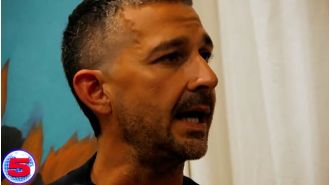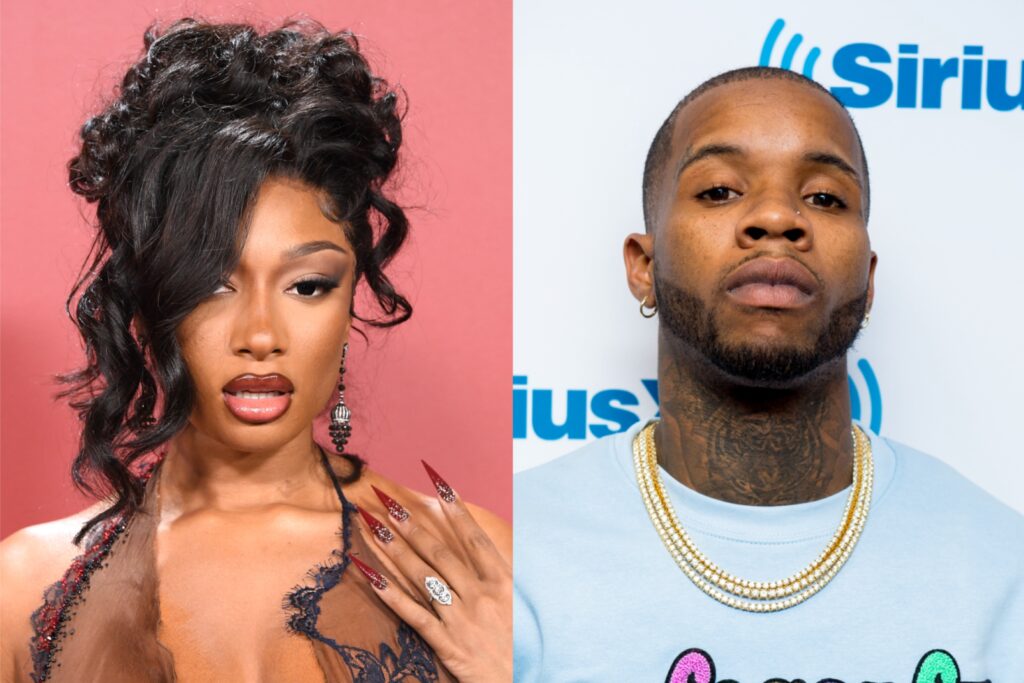Billy Dee Williams supports actors wearing blackface.
Williams doesn't mind blackface acting, saying it's not worth playing the victim.

Billy Dee Williams has a unique perspective on the use of blackface by actors. The renowned Star Wars star recently sat down with Bill Maher on his Club Random podcast to discuss his illustrious 50-year career in Hollywood. As they delved into his past projects, Williams fondly recalled some of the early works that inspired him to pursue acting.
One of his favorite performances was Laurence Olivier's portrayal of the title character in the 1965 film Othello, directed by Stuart Burge. What made this performance stand out to Williams was the fact that Olivier wore blackface for the role. He found it amusing how Olivier changed his voice and mannerisms to fit the stereotypical image of a black person. "When he did Othello, I couldn't stop laughing," Williams shared with Maher, "he even stuck his a** out while walking because, you know, Black people are supposed to have big a**es."
Maher then brought up Bradley Cooper's recent decision to wear a prosthetic nose for his role as Leonard Bernstein in the upcoming film Maestro. Williams couldn't help but laugh and express his love for that kind of bold and daring acting. However, Maher reminded him that times have changed and that it is now considered highly controversial for actors to don blackface for a character or costume. But Williams was unfazed by the controversy and stood by his belief that actors should have the freedom to do whatever they want, including using blackface.
When Maher pointed out how offensive blackface can be to many people, Williams simply replied, "Why not? You should do it. If you're an actor, you should do anything you want to do." He believes that getting offended by blackface is a form of victimhood and he refuses to live his life with that mentality.
This is not the first time Williams has spoken out against the notion of being the only Black character in a film. In a previous interview, he explained that he never thinks of himself in terms of race when it comes to his roles. "In my reasoning, I'm just a character," he said, "and a character can be successful or not successful based on their qualities and not their race. I don't really think in terms of Black or White, I couldn't care less about all that garbage."
Williams' refusal to be defined by his race is a testament to his unwavering confidence and refusal to play the victim. He believes that constantly feeling angry or offended is not productive, and he chooses to live his life without that burden. And with a career as successful and diverse as his, it's clear that his approach has served him well.
1 Views










